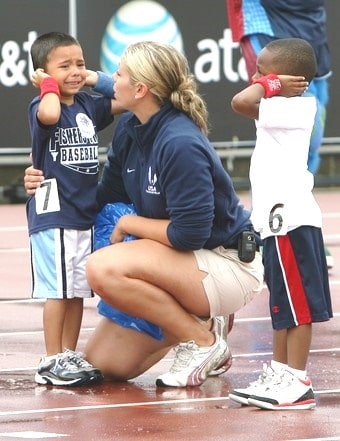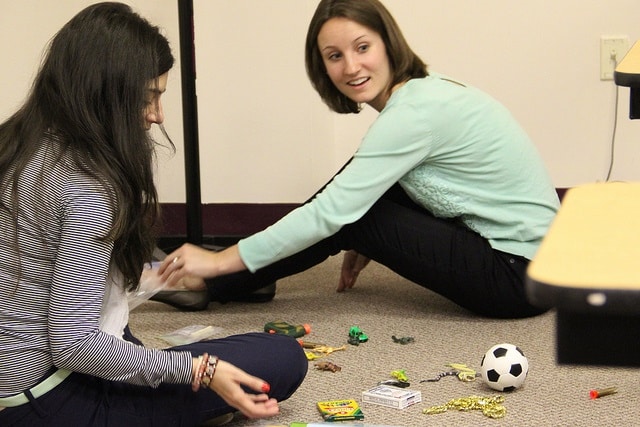A career in childcare can be fulfilling and enjoyable if you have the right personality and mindset for the job. On the other hand, it can also be highly stressful and hectic for someone who isn’t prepared to deal with the inherent challenges of caring for children.
People trust childcare professionals to look after their offspring, so it goes without saying that anyone entrusted with that much responsibility should do their best to give the children a comfortable, clean, and friendly environment that is conducive to learning and play time. The problem is, nowadays it seems almost anyone can be called a “child care professional.”
From local babysitters for hire to daycare center employees, all of these people are expected to watch over children professionally, but few of them have the credentials to prove they’re educated and capable of doing so in an ideal manner. Luckily, with the following tips in mind you won’t necessarily need a degree to provide great childcare:
1. Study Child Psychology and Behavior
Although every child is different, there are undeniable similarities and commonalities within the thoughts and actions of children. For example, we can say with absolute certainty that the majority of children like to play, and many also have vivid imaginations. Reading child psychology and behavior tips in your spare time will help you understand the intrinsic needs and desires of the children you’re in charge of supervising. With this skill, you’ll be prepared to respond to tough situations more appropriately in a way that fosters development rather than inciting negative emotions.
2. Learn How to Respond to “Problem Parents” Amicably
Sometimes the children are easy to deal with and the parents are the demanding ones. As a childcare professional, you’ll inevitably encounter the type of parent who wants to give you a 20-minute brief on the exact things their child is or isn’t allowed to have, what they like and don’t like, etc. It’s important to not criticize these parents for being “picky” and instead respect their opinions and be attentive to their requests and concerns. You could make the horrible mistake of ignoring their so-called “rant” and miss out on an important detail related to the child’s medical condition or other special needs.
3. Keep a List of Reminders and Duties Posted
Juggling the duties of looking after several kids is never easy, but it can be drastically simplified by keeping a schedule and notes posted on the wall or fridge as reminders. Plus, you can point to these lists as references to teach the children how to recognize words and associate them with specific activities or times of the day. For example, pointing to the word “lunchtime” before serving lunch every day. Try to stick to a schedule, but at the same time don’t be afraid to be spontaneous sometimes, because as you know, kids love surprise and adventure.
4. Pay Attention to Product Recalls and Safety Concerns
As a childcare professional you don’t ever want to put your clients’ children in an unsafe situation, for obvious moral and liability-related reasons. To ensure a safe environment it’s a good idea to keep track of product recalls. This can be somewhat difficult because fairly common products are sometimes recalled, and in some cases there are reports of defects or hazards that are not honored with a recall, as in the case of the recent Huggies baby wipes recall dispute. The best approach is to follow recall news and check all kid-accessible items for recall notices by conducting an online recall search once every 3 months.
5. Look for Opportunities to Educate
Finally, one of the best ways to impress parents is to send their child home with a new piece of knowledge every day. This is not only good for your childcare business, it’s also the right thing to do for the children and future generations. Even if your job description doesn’t require you to teach the kids a set curriculum, do your civic duty of teaching the youth by looking for opportunities to smarten up the fun.
Understand the Importance of Your Job
It might sound cliché to say that children are tiny pieces of the future, but that is exactly what they are in the grand scheme of things. If you assume that your limited role in a child’s life won’t have any lasting effect, it probably won’t. But if you go into each childcare session knowing that you could leave a measurable impact on the child’s future with one small lesson or action, you’ll probably wind up doing just that.





